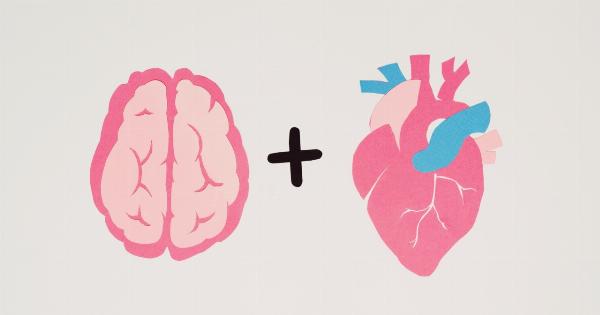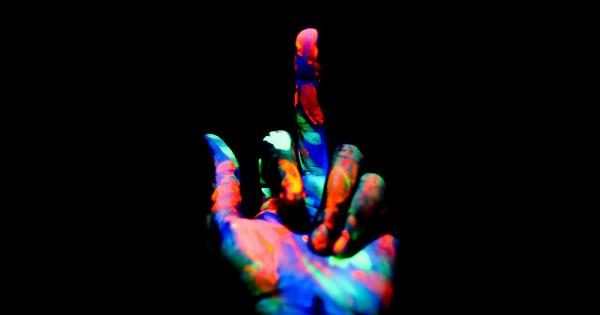Botox, a drug derived from the bacteria Clostridium botulinum, is commonly used in cosmetic procedures to reduce wrinkles and fine lines. However, recent studies have shown that Botox injections can also affect emotional responses in the brain.
In this article, we explore the science behind Botox and its impact on the brain’s emotional processing.
The Science behind Botox
Botox works by blocking the release of a neurotransmitter called acetylcholine, which signals muscles to contract. This leads to a relaxation of the targeted muscles and a reduction in wrinkles.
The drug’s effect are temporary and typically lasts between three to six months.
Botox and Emotional Responses
Recent studies have found that Botox injections can also have an impact on emotional responses in the brain.
One study published in the journal Emotion found that participants who received Botox injections in the muscles responsible for frowning had a decreased ability to recognize negative emotions in other people’s faces. The participants also reported feeling less sadness and depression.
Another study published in the journal Psychological Science found that Botox injections can affect the experience of emotions in the self.
The researchers found that participants who received Botox injections in the muscles responsible for frowning showed a reduced ability to generate their own negative emotions, such as sadness and anxiety.
The Theory behind Botox and Emotional Responses
The theory behind Botox’s effect on emotional responses is rooted in the facial feedback hypothesis. This hypothesis suggests that emotions are caused, in part, by the feedback we get from our facial muscles.
For example, when we frown, our brain perceives this as a negative emotion, such as sadness or anger. Conversely, when we smile, our brain perceives this as a positive emotion, such as happiness or contentment.
By reducing the muscle feedback associated with negative emotions, such as frowning, Botox injections may reduce the intensity of these emotions and make it more difficult to recognize them in others.
This theory is supported by the fact that participants who had their muscles intentionally manipulated to produce a frown, reported feeling sadder than those who had a neutral expression.
Botox and Empathy
In addition to affecting emotional recognition, Botox may also impact a person’s ability to feel empathy for others.
A study published in the journal Psychology and Aging found that participants who had received Botox injections were less able to experience empathetic responses to the pain of others. The authors suggest that this is because Botox injections reduce the feedback from facial muscles, which in turn reduces the emotional reaction to the pain of others.
The Risks of Botox Injections
While Botox injections are generally safe, all medical treatments carry risks. Some potential risks associated with Botox injections include:.
- Allergic reactions
- Bruising or swelling at the injection site
- Headaches
- Drooping eyelids or eyebrows
- Difficulty swallowing or breathing
It is important to consult with a qualified medical professional before receiving Botox injections and to discuss the potential risks and benefits of the treatment.
Conclusion
Botox injections, while primarily used as a cosmetic treatment, may also affect emotional responses in the brain.
Studies suggest that Botox can reduce the ability to recognize negative emotions in others, reduce the experience of negative emotions in the self, and reduce empathetic responses to the pain of others. However, like all medical treatments, Botox injections carry risks and should be approached with caution.































